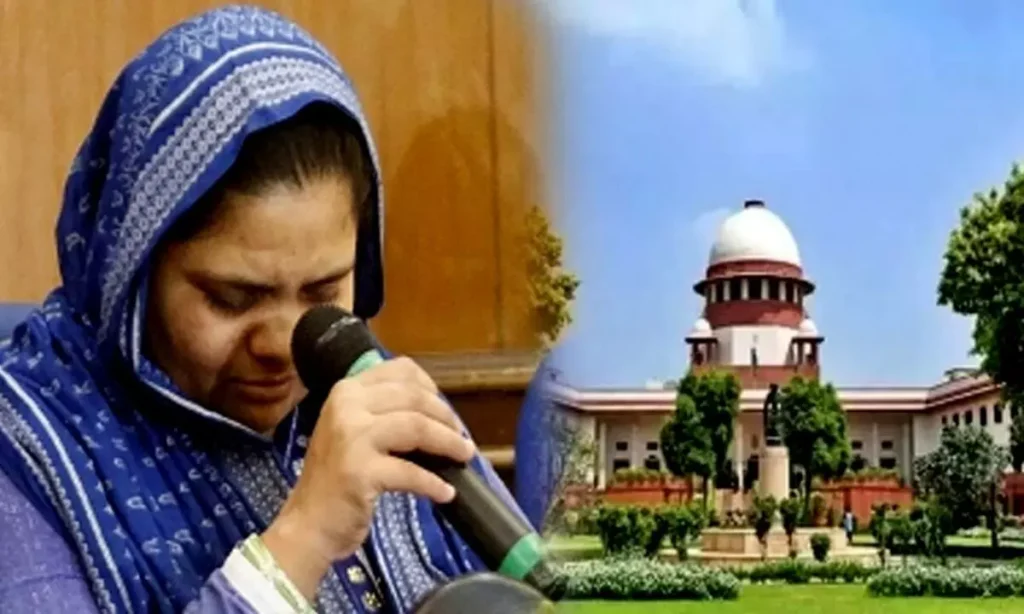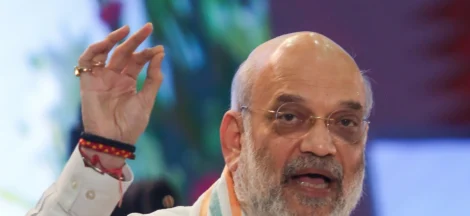The Supreme Court of India has decisively ruled against the interim bail petitions submitted by two individuals convicted in the high-profile Bilkis Bano case. This ruling came on Friday, a significant development in the ongoing legal proceedings related to the 2002 Gujarat riots in Godhra.
Bilkis Bano, a key figure in this tragic case, had been a victim of severe violence during the communal riots in Gujarat. The case, one of the most notorious instances of communal violence in India, involved the gang rape of Bano and the murder of her family members. The heinous acts were perpetrated by a group of men who were later convicted for their crimes.
On Friday, the Supreme Court’s decision to dismiss the bail petitions of the two convicted men marked a critical moment in the pursuit of justice for Bano. The men had sought interim bail, presumably to challenge their convictions or seek a reduction in their sentences. However, the Court’s dismissal of their petitions underscores a firm stance on maintaining the severity of their sentences and ensuring that justice remains unblemished.
The case has garnered significant attention both nationally and internationally, highlighting the deep scars left by the riots and the prolonged struggle for justice. The Supreme Court’s ruling reinforces the legal system’s commitment to addressing grave injustices and upholding the rule of law.
The decision also reflects ongoing concerns about communal violence and the importance of holding individuals accountable for such acts. The case serves as a stark reminder of the need for vigilance and integrity in the justice system, especially in high-profile cases involving violence and human rights violations.
Bilkis Bano’s case has been a symbol of resilience and the quest for justice in the face of adversity. The Supreme Court’s ruling represents a critical juncture in this journey, affirming the judiciary’s role in upholding justice and providing a measure of accountability for the victims of such heinous crimes.




 Police Sub-Inspector Manvi Kashyam Smashes The Transgender Stereotype
Police Sub-Inspector Manvi Kashyam Smashes The Transgender Stereotype 